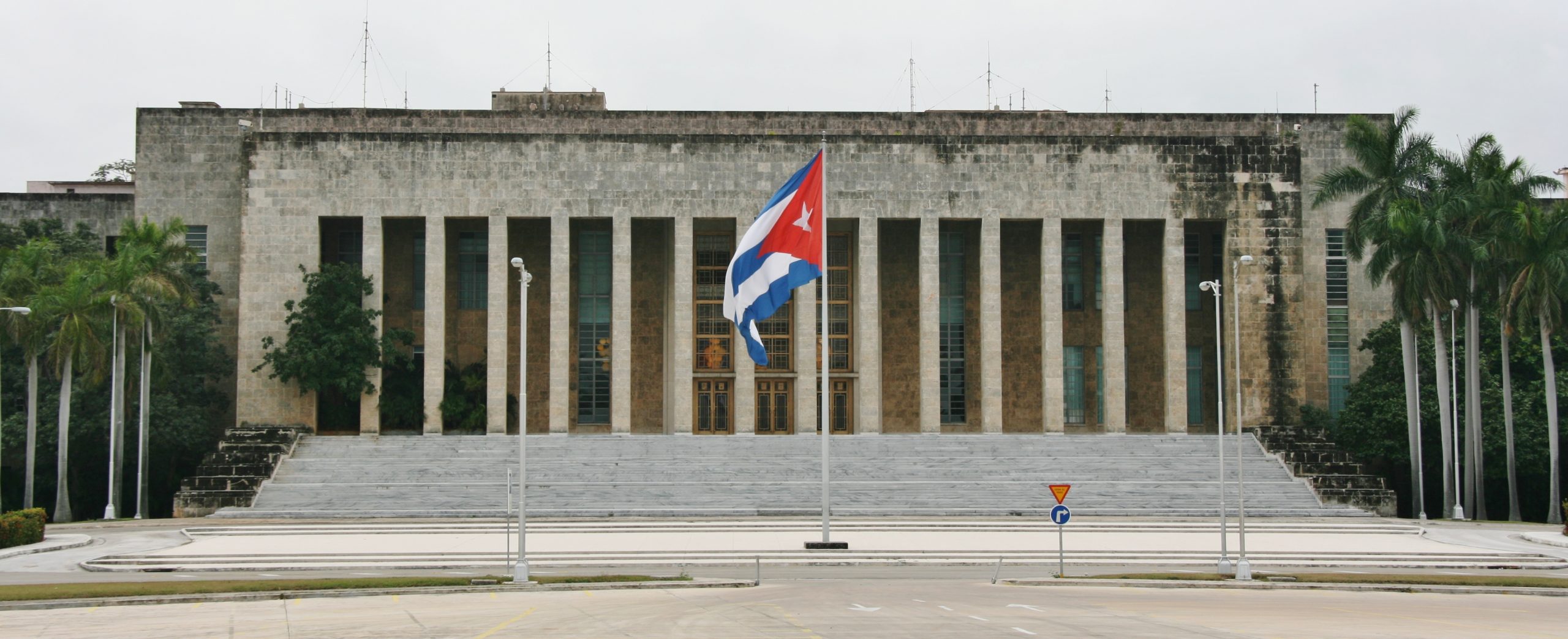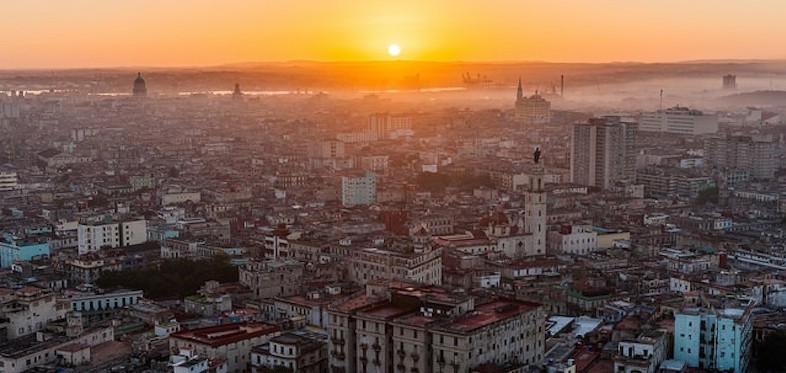Cuba faces a profound social and political crisis that sparked street protests on July 11, 2021. The swift and brutal suppression of these protests undermined the government’s commitment to a “socialist rule of law.” This repression heightened frustration, resulting in the largest wave of emigration in 2022, with 300,000 Cubans seeking refuge in the United States amid diminishing hopes for positive change within Cuba.
Cuba faces a severe economic downturn, exacerbated by the impact of the COVID-19 pandemic on tourism and harsh U.S. sanctions. Internally, Cuba’s economy is plagued by deep-rooted structural issues and an incoherent, sluggish reform process. For instance, the failure of the 2021 monetary reform led to an estimated 500% inflation in 2021 and 200% in 2022.
Despite prioritizing economic goals such as restoring growth, enhancing wages and attracting substantial foreign direct investment, these objectives have not materialized. President Díaz-Canel’s diplomatic visits resulted in debt rescheduling and international support but failed to improve relations with the West. However, in January 2023, a new migration agreement was reached with the U.S., aiming to curb undocumented immigration.

